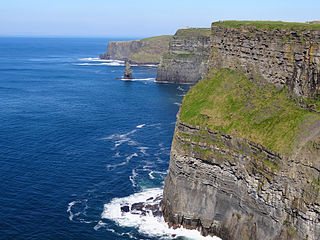
America’s Fiscal Cliff: The first of many?
The American president has signed the bill drafted by Democratic and Republican leaders, which allows the United States to avoid “fiscal cliff”. The solution adopted by the Congress does not, however, solve the problem, but only touches some of its elements (tax policies) and postpones dealing with the others (cuts in governmental spending) for a few weeks. So who won in this dramatic battle, fought late into the first night of the New Year? Choosing the winner depends on one’s point of view, but no matter the viewpoint we take, one thing seems to be certain – the national interest has lost.

China’s Positive Spin on Africa
The lightning growth of Chinese media is part of the dramatic expansion of the presence of Chinese diplomats, peacekeepers, commercial actors (state-owned or private) and ordinary citizens that has been transforming the African continent in the last 10-15 years.
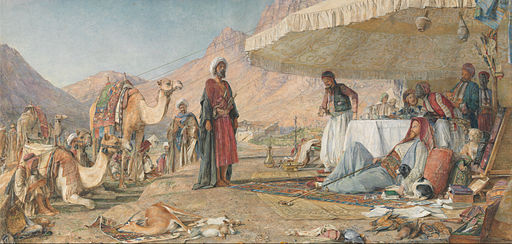
East–West: The Art of Dialogue: An initiative of the Shafik Gabr Foundation
Personal, unmediated contact between the West and the Middle East is at an all time low, according to Egyptian tycoon and art collector, Shafik Gabr. His eponymous foundation has responded with an initiative sponsoring exchanges between ‘future leaders’ of the West and the Middle East in an effort to build real person-to-person relations. The UK launch at London’s Dorchester Hotel on November 15th aimed to start defining the deficiencies and potential for real dialogue between the West and the Middle East.
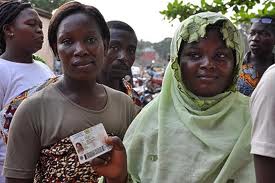
Strengthening Democracy in Togo: How to Give women a greater voice
The integrity of the March 2010 Togolese presidential election was formally challenged immediately following the announcement of incumbent Faure Gnassingbé’s victory. Fortunately, the violence and massive internal displacement that marred the 2005 race were not repeated, but the opposition alleged widespread irregularities and fraud. Ultimately the result was upheld, and Gnassingbé maintained his family’s four-decade-long grip on power of this tiny West African country. One opposition candidate claimed, “The vote was so expertly stolen by the ruling party that electoral observers will never understand what really happened.”
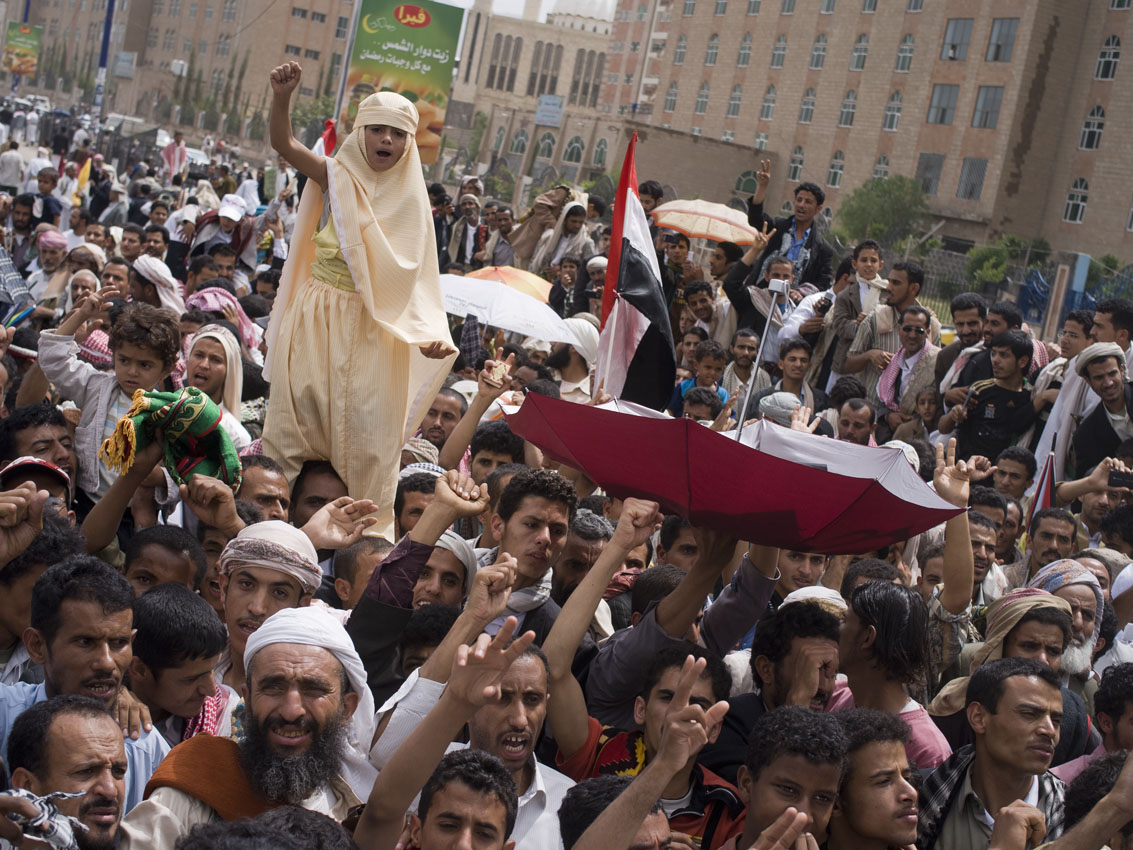
The Uneven Playing Field: Political finance in post-Arab Spring countries
“Our revolution was hijacked,” Mahmoud, a young protestor from Yemen, told me in one of our discussions. “We stand no chance against the established powers in any elections,” said Marwa, another young protestor from Egypt. Mahmoud and Marwa represent millions of similar young Arabs who ignited and led the uprisings in their countries, aspiring for a new future where each one of them will have an equal say in the political process. They are now increasingly disappointed and frustrated with their new reality, and the top reason for their frustration is political finance. The Deepening Democracy report, published by the Global Commission on Elections, Democracy & Security, highlights that “The rise of uncontrolled political finance threatens to hollow out democracy …
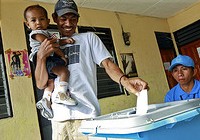
In Timor-Leste, deepening democracy means ongoing international support for electoral authorities
The Report of the Global Commission on Elections, Democracy and Security identified building professional, competent electoral management bodies (EMBs) as one of the five major challenges that must be overcome to conduct elections with integrity.
There is more to it, though. East Timor, for example, has EMBs. And it has made demonstrable progress in its elections since independence. But its EMBs still need help.
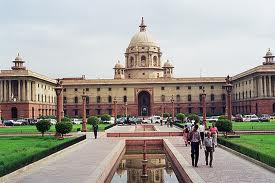
Deepening Democracy in India: Fine-tuning rules and procedures to strengthen parliamentary oversight on the government
The Deepening Democracy report by the Global Commission on Elections, Democracy and Securitydiscusses the importance of improving the integrity of elections. While fairness, funding and conduct of elections undoubtedly is a concern that citizens espouse worldwide, that in itself may not be a panacea to fulfil the function of representative democracy. Sometimes democracy itself is undermined in democratically elected Parliaments due to rules biased towards the elected government, and not giving sufficient power to opposition members and independent members of Parliament to voice their concerns.

Deepening Democracy, Deepening Divides: Can democracy and the international refugee regime coexist?
A report on deepening democracy released by the Global Commission on Elections, Democracy and Security recognised that the enfranchisement of displaced populations, including refugees, ‘is critical for ensuring the integrity of elections and the establishment of democracy’. But this statement belies a deeper interaction, and even conflict, between the international refugee regime and democracy.
What would ‘deepening democracy’ mean for the refugee regime? I suggest that strengthening democratic institutions could deepen divides between refugees and host communities. To ensure that the international refugee regime and democracy can successfully co-exist, we must think not just of deepening democracy, but of also balancing it with the rights of refugees.









